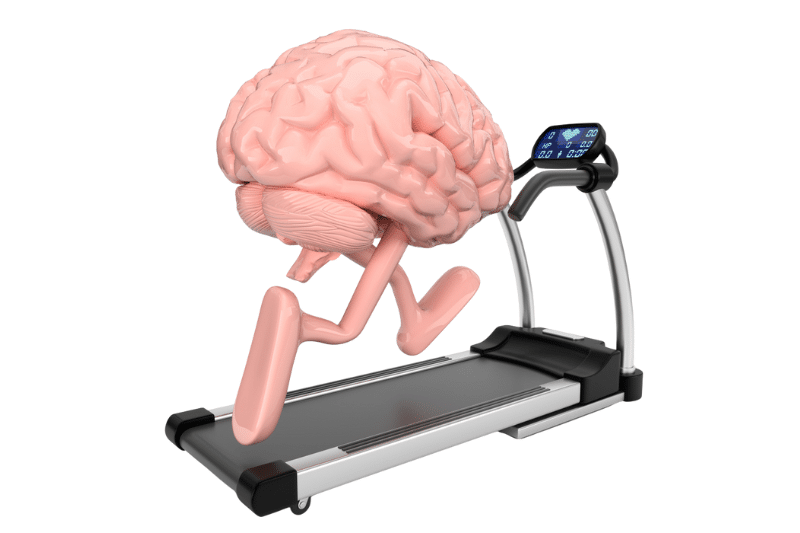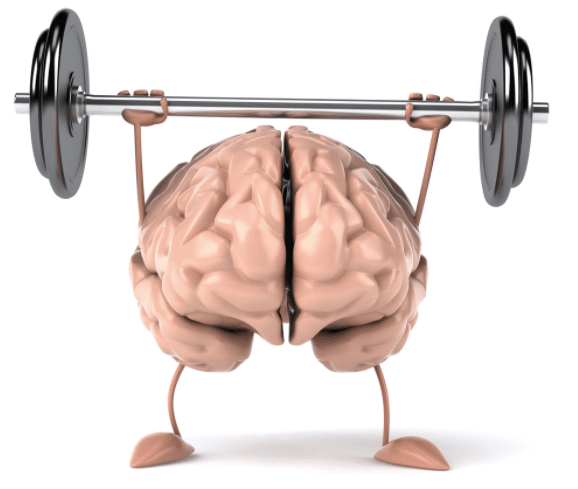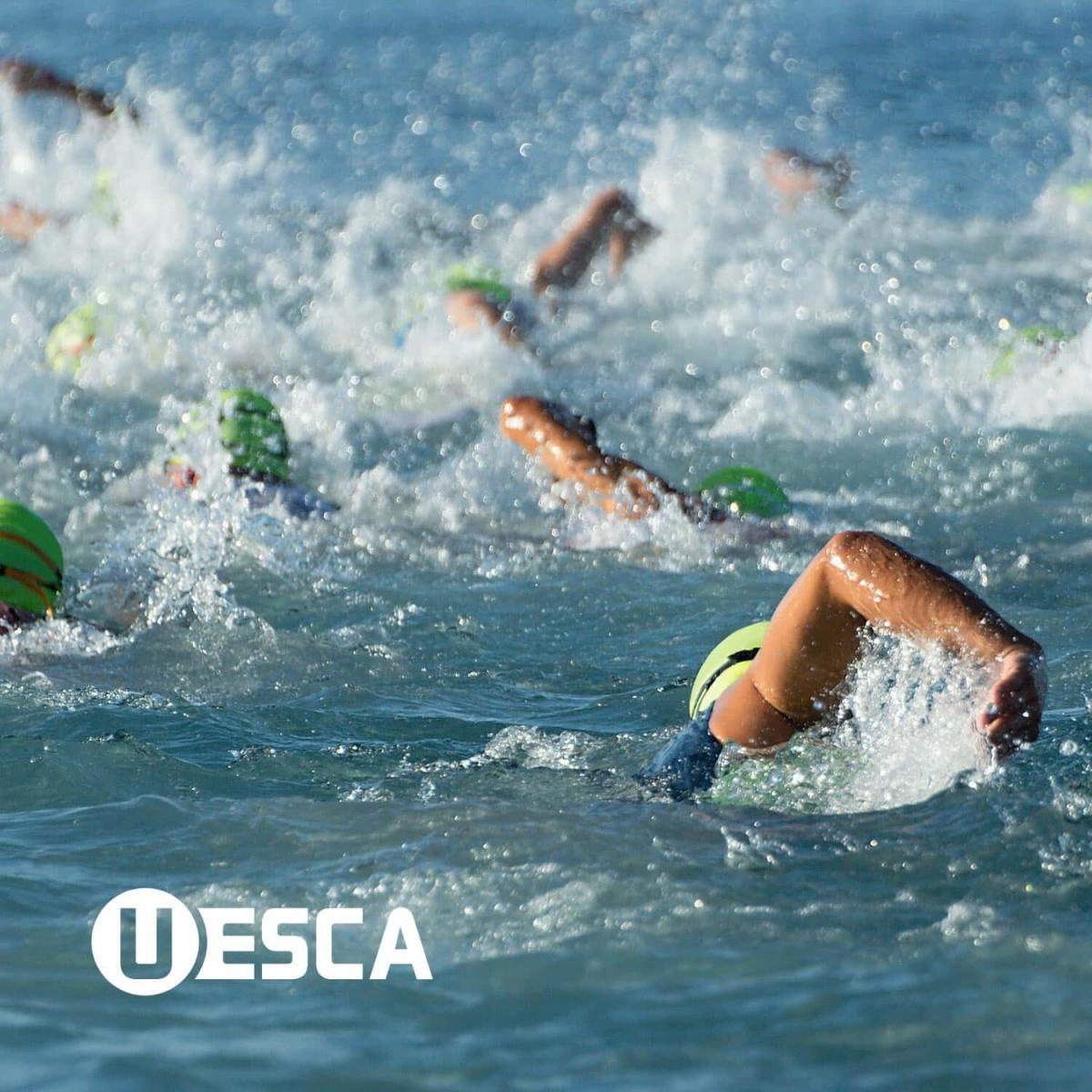(Hint: It’s not what you think) There are many physiological benefits to training at higher intensities but is that the only benefit? It turns out there’s another benefit that may be as equally important.

There are many reasons to train at high intensity. Whether it be gaining muscle strength, increasing lactate threshold or decreasing one’s resting heart rate; the majority of the benefits most often noted are largely physiological in nature.
One benefit not often discussed in respect to high intensity training is the mental component. Fact: Training for, and competing in endurance sports events is not easy. More specifically and for lack of a better word, the intensity level during high intensity training and racing can be downright painful.
Athletic Past
For those of you that have been training and racing for a while, you’ve likely noticed that the longer you’ve been training/racing, the higher your pain tolerance has become. This isn’t a coincidence. Conversely, individuals that have either never or infrequently experienced self-induced pain during athletic endeavors likely will not have the same pain tolerance as those that have had repeated exposure. With practice, you learn what you can handle and can improve the mental aspect of “holding on” to high efforts.
Adaptation
In the world of running, arguably no running event elicits the same degree of pain and suffering as the 800 meters. This event is some sort of hybrid from hell of aerobic and anaerobic. It requires an athlete to run at a pace that is not quite an all out sprint, but not far from it – and hold it for at least 2 minutes or more (for non-elite runners). Asking a new runner and even worse, a new runner that has never really experienced the upper regions of their pain tolerance to run at a 9/10 or 10/10 effort is asinine. Which bring us to the next topic…
Desensitization

The ability to deal with the discomforts of training and racing doesn’t just happen overnight. Like the physiological side of training, the mental side of training takes just as much adaptation and time.
The ability to suffer (again, for lack of a better word) is often a critical and required component to progress as an athlete. Whether in life or in sports, one of the most fundamental truths is that to progress and advance, getting outside your comfort zone is almost always required. Therefore, if you know that to hit a new PR in a race will require you to be in and stay in a degree of high discomfort, unless you experience this sensation on a repeated basis during training, you should not expect that you will be able to do it on race day.
In the world of psychiatry, the term desensitization refers to a process by which an individual overcomes a phobia by repeated (and likely increasing time durations) exposure to the stimulus. From a physiological standpoint, this is the goal of allergy shots – where an individual is exposed to small increases of an allergen over a period of time, with the goal of becoming immune to the allergen due to repeated exposure. While you likely won’t become ‘immune’ to pain when racing, you can certainly become more accustomed to the sensations to the point that your pain tolerance is increased.
Summary
Training the mind is just as important as training the body and more specifically, adapting the mind to physical discomfort is paramount to progressing as an athlete. So next time you do an interval workout, remember that you’re not just improving your physiological performance potential but you’re also building a greater mental tolerance. You need both to perform at your best.








